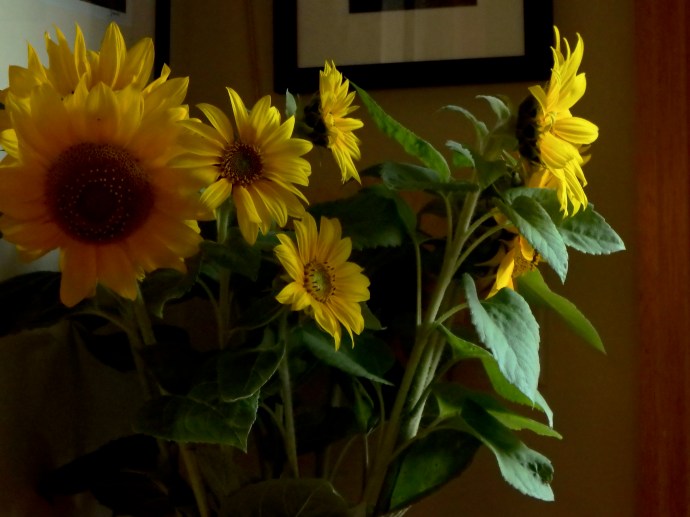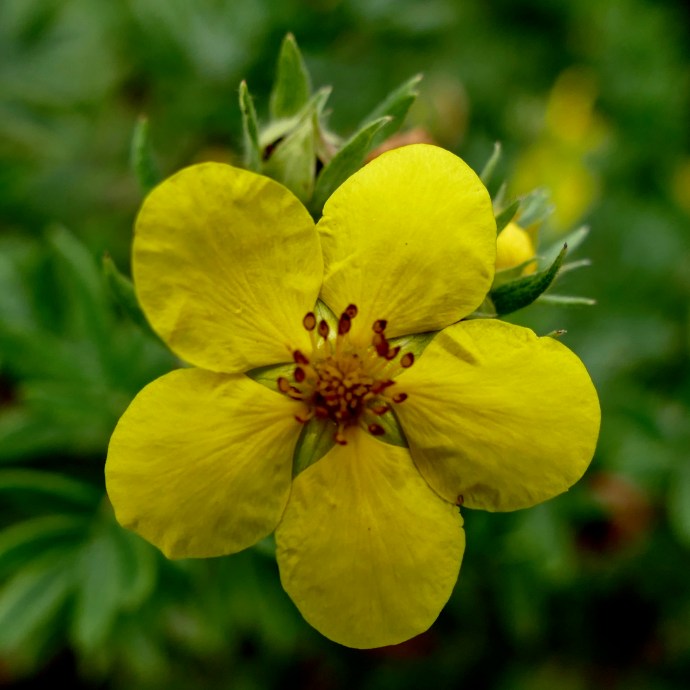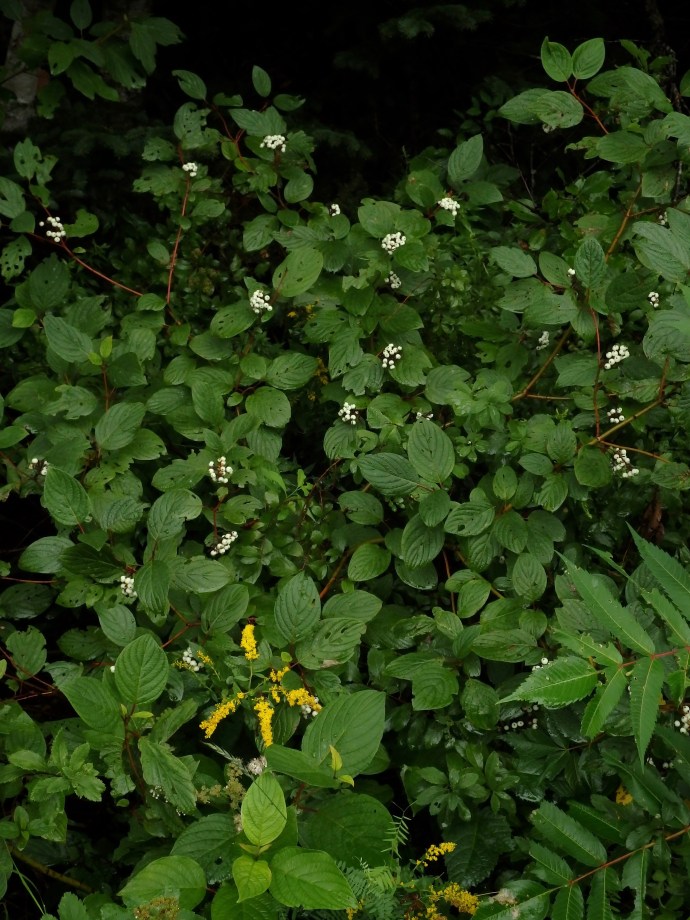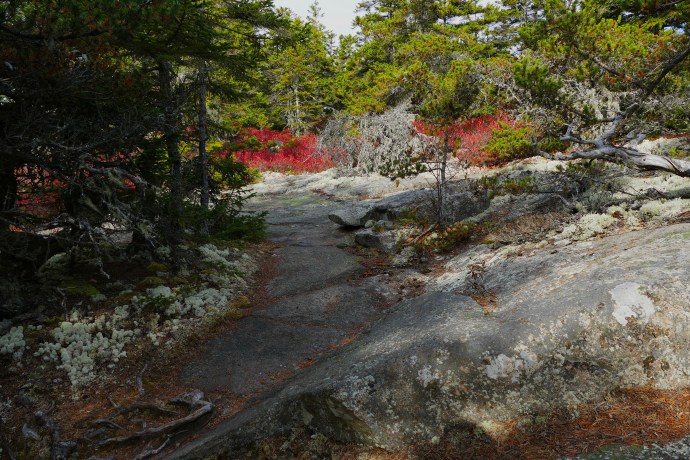in Thoreau’s Journal:
With what sober joy I stand to let the water drip from me and feel my fresh vigor, who have been bathing in the same tub which the muskrat uses! Such a medicated bath as only nature furnishes. A fish leaps, and the dimple he makes is observed now. How ample and generous was nature! My inheritance is not narrow. Here is no other this evening. Those resorts which I most live and frequent, numerous and vast as they are, are as it were given up to me, as much as if I were an autocrat or owner of the world, and by my edicts excluded men from my territories. Perchance there is some advantage here not enjoyed in older countries. There are said to be two thousand inhabitants in Concord, and yet I find such ample space and verge, even miles of walking every day in which I do not meet nor see a human being, and often not very recent traces of them. So much of man as there is in your mind, there will be in your eye. Methinks that for a great part of the time, as much as it is possible, I walk as one possessing the advantages of human culture, fresh from society of men, but turned loose into the woods, the only man in nature, walking and meditating to a great extent as if man and his customs and institutions were not. The catbird, or the jay, is sure of the whole of your ear now. Each noise is like a stain on pure glass. The rivers now, these great blue subterranean heavens, reflecting the supernal skies and red-tinted clouds.



















 in Thoreau’s Journal:
in Thoreau’s Journal:







You must be logged in to post a comment.